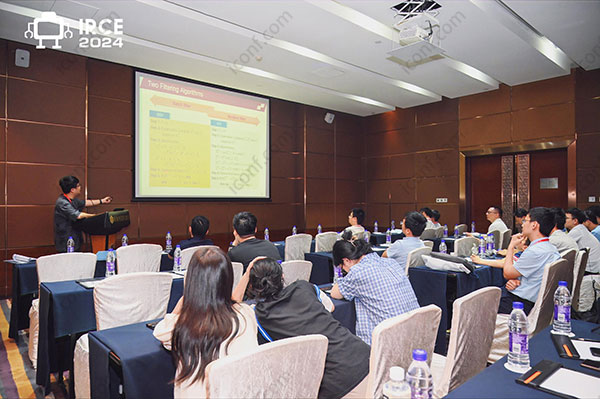

341 views||Release time: Aug 14, 2025
Attending an international conference is a pivotal milestone in a PhD journey. It’s your chance to present research to a global audience, gain diverse perspectives, and build a network that can shape your academic career. This guide provides a strategic approach to selecting and making the most of these crucial events.

Choosing the right conference is the most critical step. A strong alignment between your work and the conference theme is essential for acceptance.
Advisor and Departmental Recommendations: Your PhD advisor is your primary resource. They have experience and networks to recommend the most reputable conferences in your specific field. Also, check with your department for lists of recommended conferences or travel funding opportunities.
Major Academic Societies: Focus on conferences sponsored by leading professional organizations. These are universally recognized and ensure a high standard of peer review. Examples include:
STEM: IEEE (Institute of Electrical and Electronics Engineers), ACM (Association for Computing Machinery), ACS (American Chemical Society).
Humanities & Social Sciences: MLA (Modern Language Association), APA (American Psychological Association), ICA (International Communication Association).
Business & Economics: AOM (Academy of Management), AEA (American Economic Association).
Indexing and Prestige: Verify that the conference proceedings are indexed in major academic databases like Scopus, Web of Science, or Google Scholar. This ensures your paper will be citable and contributes to your academic track record.
Dedicated PhD Sessions: Look for conferences that host a Doctoral Consortium, PhD Colloquium, or "Graduate Student Track." These smaller forums are invaluable, providing a supportive environment for detailed feedback from senior scholars and peers.
While the "best" conference is highly specific to your niche, certain types are consistently valuable for PhD students.
These are the premier, highly competitive conferences in a discipline where cutting-edge research is presented. Examples include the Conference on Computer Vision and Pattern Recognition (CVPR) for AI or the Academy of Management (AOM) Annual Meeting for business scholars. Getting accepted here is a significant achievement.
Primarily for the sciences, GRCs are week-long, immersive meetings focused on unpublished, frontier research. They are known for their small size, remote locations, and emphasis on in-depth discussion, making them exceptional for networking.
Conferences like those organized by the International Association of Social Science Research (IASSR) or the World Academy of Science, Engineering and Technology (WASET) cover a vast range of topics, which can be useful for interdisciplinary research. However, always vet these carefully to ensure they have a strong reputation and rigorous peer-review process.
Pro-Tip: Use online conference aggregators like Conference Alerts, WikiCFP, or All Conference Alert, but always cross-reference the conference's legitimacy with your advisor.
Nail the Abstract: Your abstract is the gatekeeper. It must clearly articulate your research question, methodology, key findings, and contribution within the word limit.
Respect the "Call for Papers" (CFP): Adhere strictly to the conference theme, formatting guidelines, and submission deadlines (pay attention to the time zone!).
Seek Feedback Early: Have your advisor, lab mates, and other mentors review your paper or abstract well before the submission deadline. A polished, well-argued paper has a much higher chance of acceptance.
Successfully presenting at an international conference not only validates your work but also officially marks your entry into the global community of scholars in your field.